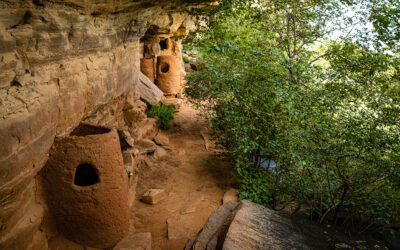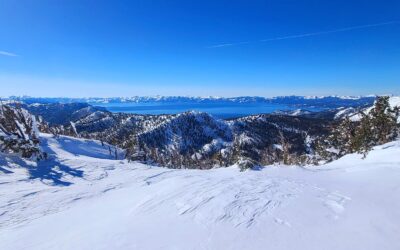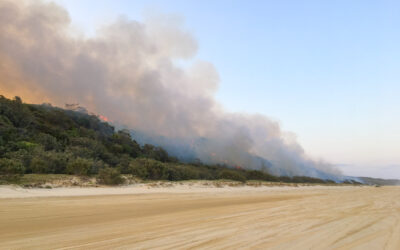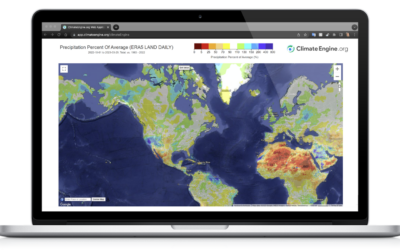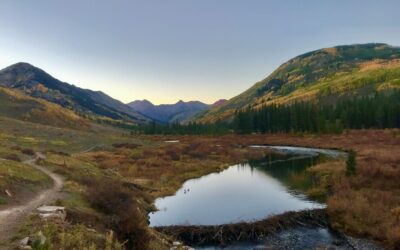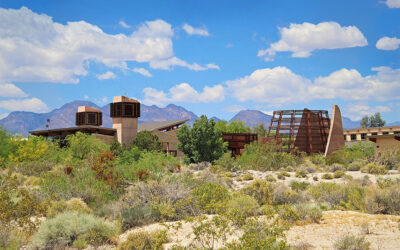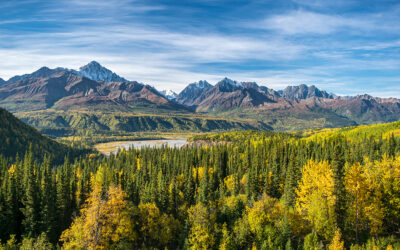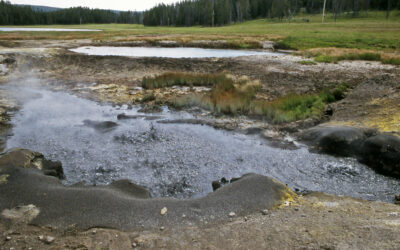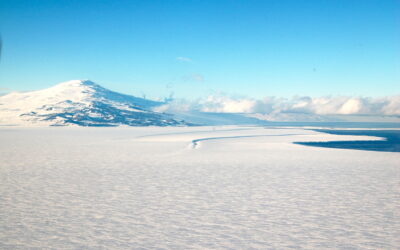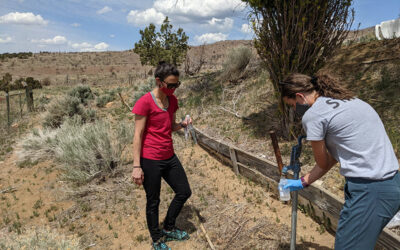DRI’s Erick Robinson, Associate Research Professor of Climate and Archaeology, co-authored a new study that provides insight into North America’s Indigenous communities prior to European contact. The research found that although Indigenous populations varied regionally, the continent saw a population peak around 1150 A.D. before experiencing declines, likely stemming from drought, disease, emigration and warfare. A brief recovery around 1500 A.D. was followed by a sharp decrease upon the arrival of Europeans.
California Snowlines On Track To Be 1,600 Feet Higher by Century’s End
DRI contributes to research that predicts a major decline in California’s snowpack by the end of the 21st century.
Scientists Discover Fire Records Embedded Within Sand Dunes
A new study shows that sand dunes can serve as repositories of fire history and aid in expanding scientific understanding of fire regimes around the world.
DRI Aims to Increase Scientific Access to Earth Monitoring Data With Re-Launch of ClimateEngine.org
ClimateEngine.org allows researchers and natural resource managers to easily analyze and visualize complex satellite and climate data, helping users understand change
in Earth’s landscapes over time
Climate Change is Already Impacting Stream Flows Across the U.S.
DRI researchers examined more than 500 watersheds across the country and found that increased winter temperatures are driving more extreme fluctuations in streamflow.
DRI and the Springs Preserve Launch Adult Science Education Series
DRI, in partnership with the Springs Preserve, announces the launch of DRI Science at the Springs. In the series, which launches on April 20, DRI scientists and other guests address some of the world’s most urgent concerns while also telling the tale of what it means to live in Nevada on the front lines of a changing climate.
A Reconstruction of Prehistoric Temperatures for Some of the Oldest Archaeological Sites in North America
A new study offers a reconstruction of prehistoric temperatures for some of the first known North American settlements.
New Study Sheds Light on Ancient Microbial Dark Matter
DRI contributes to international team of scientists that unearths first in-depth look at Omnitrophota, one of the world’s oldest and tiniest bacteria.
First-ever layered lake-sediment sample extracted from subglacial Antarctica
Since the discovery 50 years ago of subglacial lakes in Antarctica — some of the least accessible geological features on Earth — scientists have attempted to extract lake bed sediment to learn about the formation, movement, and past conditions of the ice sheet. Now, a team of researchers with the NSF-funded project Subglacial Antarctic Lakes Scientific Access (SALSA) has successfully done so, recovering the first layered sediments from beneath the modern Antarctic ice sheet.
Arsenic Contaminates Private Drinking Water Wells Across the Western Great Basin
A new study shows more than 49,000 well users across the region may be at risk of exposure to unhealthy levels of arsenic in drinking water.
